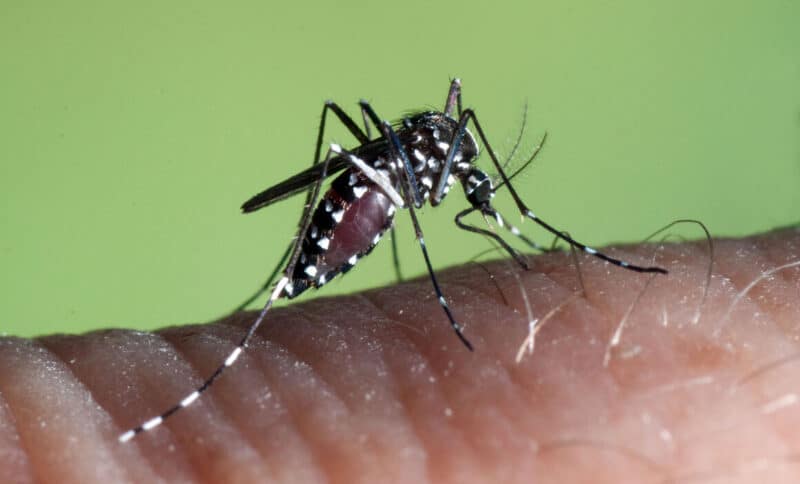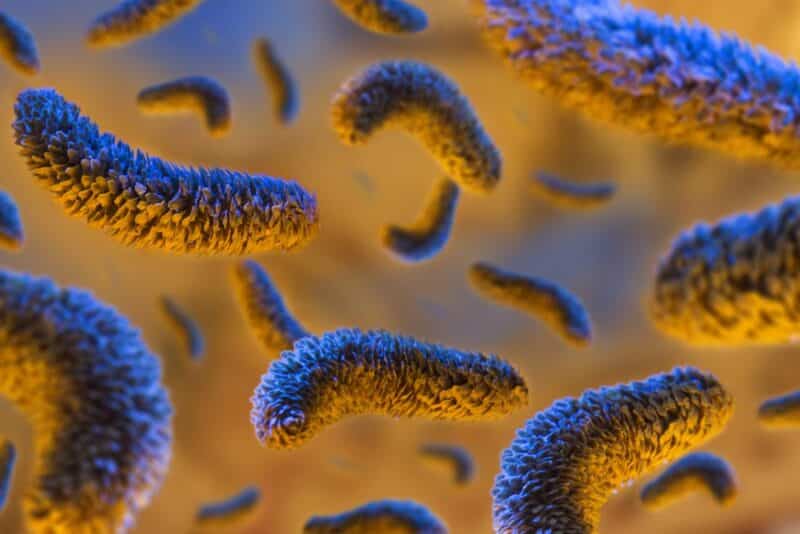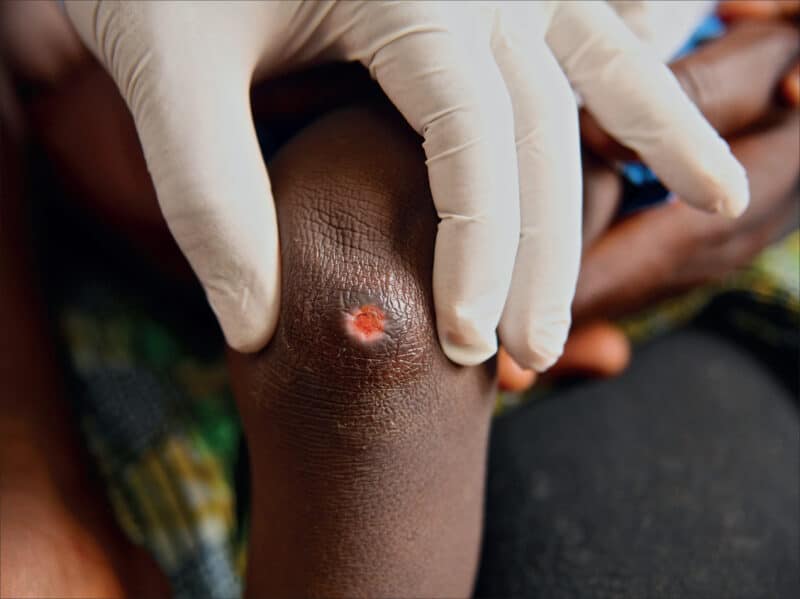Flesh-eating bacteria may reach humans through mosquito bites. Research shows that there is a connection between humans and possums in spreading Buluri ulcer—the presence of mosquitoes. This is alarming in Africa and Australia. Knowing how this mosquito transfers flesh-eating bacteria can help motivate you to increase your mosquito bite protection.

The Flesh-Eating Bacteria and the Mosquito
Recent studies reveal that mosquitoes may transfer flesh-eating bacteria. This microorganism causes a serious skin disease in affected people. Mosquitoes are not common carriers of Mycobacterium ulcerans bacteria.

Australian scientists performed a study that looked for the connection between humans and possums in carrying flesh-eating bacteria. They discovered that a small population of mosquitoes sucked the blood of people and possums. Scientists also discovered that the bacteria present in people, mosquitoes, and possums were the same. This means that the flesh-eating bacteria can affect these three species.
What M. ulcerans Can Do
This specific type of bacteria causes Buruli ulcer, which is a lasting, debilitating ailment of the skin. The ulcer may also affect the bones. The disease results in lifelong disability, painful wounds, and lasting disfigurement.

The WHO says that Buruli ulcer affects people in more than 33 countries with temperate, tropical, and subtropical climates. It can reach the Western Pacific regions, Africa, and South America. The WHO also says that Australia’s possums can transfer the flesh-eating bacteria. It also suspects that mosquitoes play a significant part in the interaction of one infected animal with a non-infected one. Preventing Buruli ulcer is not possible at all. But antibiotics can treat and cure it.
The Concern About Flesh-Eating Bacteria
There is no need to worry about getting Buruli ulcers if you are not traveling to Australia soon or if you don’t live there. Statistics show that about 200 to 300 cases of this disease were present in Australia. If you are visiting soon, you should prepare well by getting treated clothes and repellents. Staying inside, using bed nets, and turning on the air conditioning unit can keep mosquitoes away from your household.
The Transmission
Australia has native possums, including the common ringtail variety. These animals develop Buruli ulcers. Then, they shed the bacteria in their excrement. Scientists think that possums transfer the bacteria to humans through the bite of a particular mosquito—Aedes notoscriptus.
The scientists found that the flesh-eating bacteria have unique DNA even if it is present in all three mentioned species. This is the common denominator in the transmission chain. M. ulcerans is a slow-developing microorganism. It can take about two to nine months before people develop the symptoms. That is why tracing the origin of the transmission is very challenging.

Research shows that there is an overlap where the carrier mosquitoes loved to frequent. These places contained possum poop, which also contained the bacteria. They were also the places where cases of Buruli ulcer were many.
Some scientists believe that the specific mosquito may be making a blood meal out of possum ulcers. This could enable the bacteria to take a ride on the mosquito until it finds its next human blood meal. Others believe that possum poop may end up in small containers where the A. notoscriptus lays its nourished eggs. The contaminated water, filled with flesh-eating bacteria, infects the developing insects.

Flesh-eating bacteria can cause devastating damage to one’s physical features. It can also affect one’s general well-being. It can lead to chronic pain, low self-esteem, and even depression. Understanding how the transmission happens can help prevent the spread of Buruli ulcer.